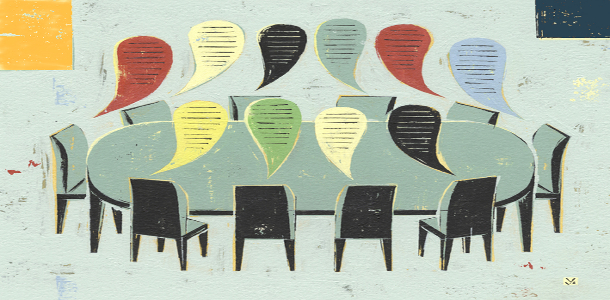




8 more logical fallacies to avoid
It’s great to have the courage of your convictions, but you need more than that to put forth a winning argument. In last week’s post, I offered 11 logical fallacies and why it’s important to recognize them in what we see, read and hear. Such fallacies weaken arguments; employing them can make you and your organization less credible. Here are a few more logical fallacies to be aware of: 1. Anecdotal evidence Using personal experience or an isolated example instead of a valid argument or compelling evidence to state your position; often used to dismiss...

11 logical fallacies to avoid
In a time of fake news, “alternative facts,” Newspeak, and attacks on credible journalism, I’ve focused on teaching my kids how to recognize logical fallacies in what they see, hear, and read. Logical fallacies are errors in reasoning that weaken arguments. Once you start looking for them, they’re shockingly obvious. How many of the following logical fallacies can you spot in one day? 1. Ad populum — arguing that because “everyone,” “Americans” or “the majority” thinks or does something, it must be true and right. Example: Whether Earth is flat or...

Can you complete these great first lines...
For this week’s post, I offer readers a distraction. Take a break from writing that social media post, white paper or annual report message, and test your literary knowledge. Fill in the blanks for these renowned first lines in literature: 1. “It was a bright cold day in April, and the clocks were striking ____________.” “1984” by George Orwell 2. “In a hole in the ground there lived a ____________.” “The Hobbit” by J.R.R. Tolkien 3. “It was a pleasure to ____________.” “Fahrenheit 451” by Ray Bradbury 4. “As Gregor Samsa awoke one morning from...













